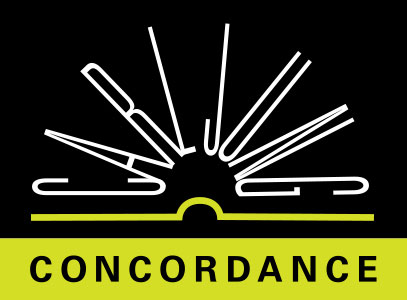The reform of the Jewish concept of the Deity is a Christian reformation resulting from the paradoxical behavior and moral ambivalence of the gods which scandalized people even in antiquity and gave rise to criticism that led finally to a devaluation of the Olympian gods:
The morally ambiguous Yahweh became an exclusively good God, while everything evil was united in the devil
CW9.1 ¶ 189It seems as if the development of the feeling function in Western man forced a choice on him which led to the moral splitting of the divinity into two halves
CW9.1 ¶ 189Thanks to the development of feeling-values, the splendor of the “light” god has been enhanced beyond measure, but the darkness supposedly represented by the devil has localized itself in man
CW9.1 ¶ 189This strange development was precipitated chiefly by the fact that Christianity, terrified of Manichaean dualism, strove to preserve its monotheism by main force. But since the reality of darkness and evil could not be denied, there was no alternative but to make man responsible for it
CW9.1 ¶ 189Even the devil was largely, if not entirely, abolished, with the result that this metaphysical figure, who at one time was an integral part of the Deity, was introjected into man, who thereupon became the real carrier of the mysterium iniquitatis[evil]
CW9.1 ¶ 189In recent times this development has suffered a diabolical reverse, and the wolf's in sheep's clothing now goes about whispering in our ear that evil is really nothing but a misunderstanding of good, and an effective instrument of progress. We think that the world of darkness has thus been abolished for good and all, and nobody realizes what a poisoning this is of man's soul. In this way he turns himself into the devil, for the devil is half of the archetype whose irresistible power makes even unbelievers ejaculate “Oh God!” on every suitable and unsuitable occasion. If one can possible avoid it, one ought never to identify with an archetype, for, as psychopathology and certain contemporary events show, the consequences are terrifying
CW9.1 ¶ 189